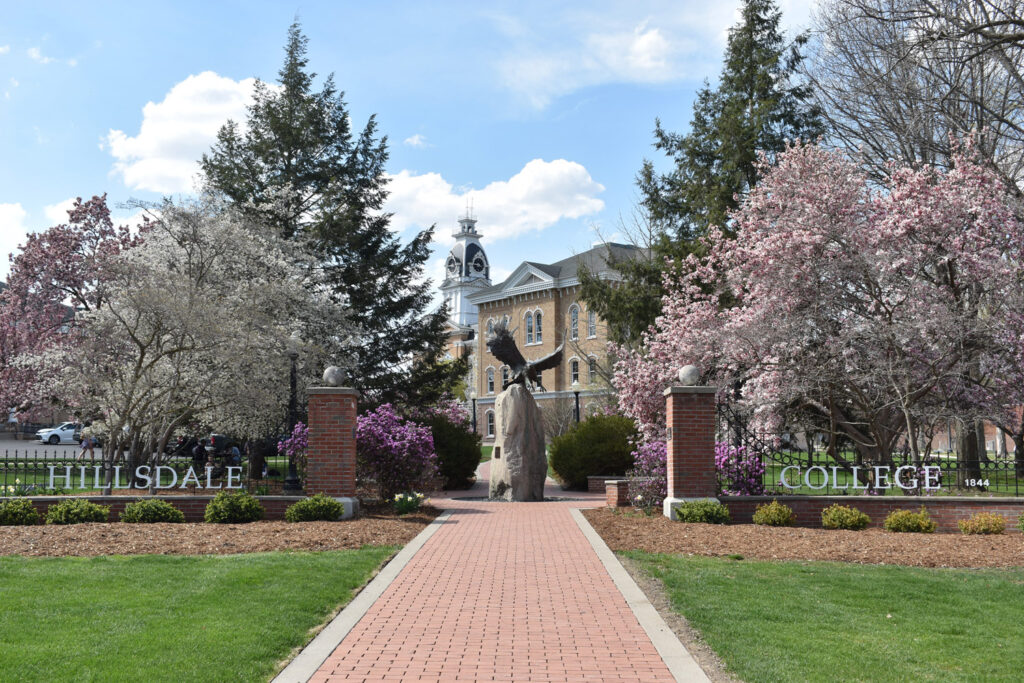Hillsdale — As some Michigan colleges and universities ardently defy President Donald Trump and his education directives, their federal funding lies in the balance. But one Michigan college stands proud and alone: Hillsdale College.
Hillsdale is the only college in Michigan that does not accept federal funding, operating completely independently of government handouts and subsidies. Schools like Michigan State University and the University of Michigan are learning that federal dollars come with strings, and those strings are taught.
The two colleges—the biggest in the state—are both members of the Big Ten Academic Alliance and have passed, or are urging their faculty senates to pass, a “mutual defense compact” out of fear of retaliation from the administration.
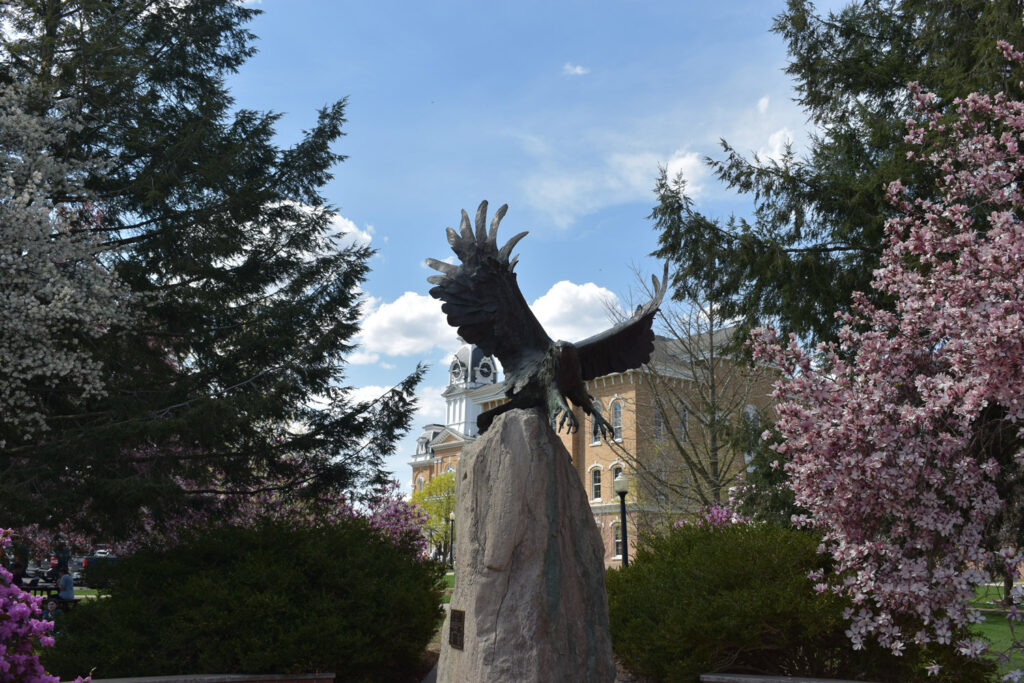
Rutgers University initiated the charge, urging Big Ten schools to pass similar resolutions to commit funding and legal resources to defend the schools against potential federal funding withdrawal.
Hillsdale, however, requires no such compact because, since 1984, the college has rejected federal funds.
“Hillsdale does not accept even one penny of federal or state funding for student grants, loans, or scholarships,” the college’s website reads. “Being steadfastly and completely independent of taxpayer support is essential to being a truly independent institution—one not beholden to government regulations that conflict with our educational mission.”
Some of Hillsdale’s Michigan neighbors fail to recognize those same principles yet assert that the Trump administration meets their demands, not the other way around.
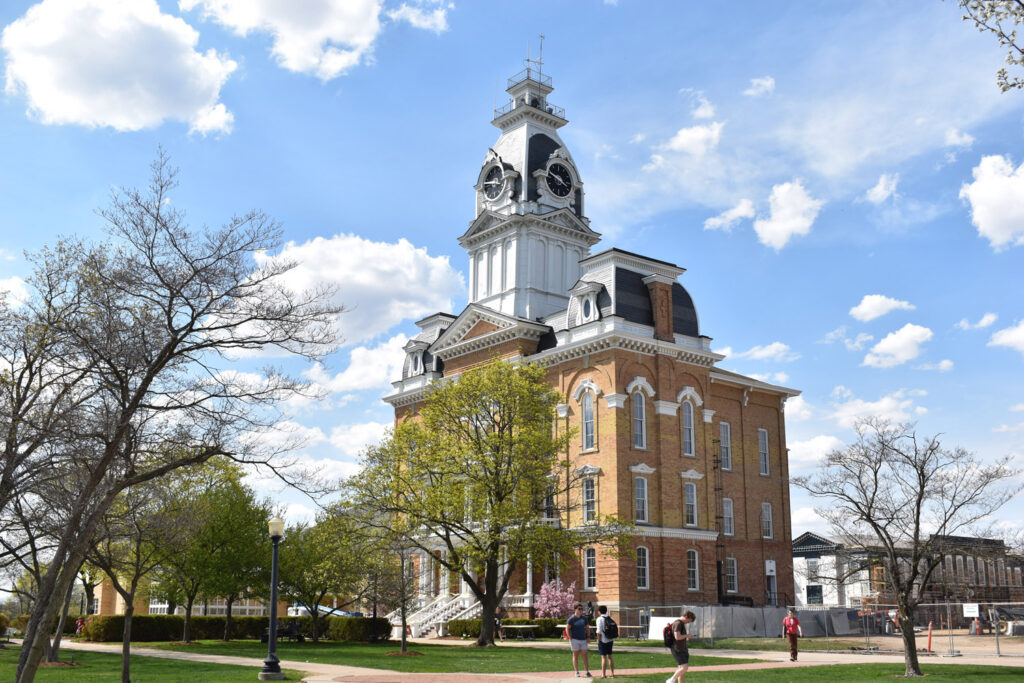
The administration cites pro-Palestinian protests and rhetoric, as well as destructive DEI measures on campus, as reasons for pulling funding.
“Shouting, preventing people from going to class, threatening them personally. That breaks down the academic community,” Hillsdale College President Larry Arnn said. “They shouldn’t be doing that. And it’s, you know, because the [1964] Civil Rights Act is written in a certain way; if they permit that kind of activity, Harvard is in violation of that act, and that act applies to every organization in America.”
Ironically, Hillsdale’s financial freedom is rooted in similar frustrations about the federal government asking the college to do things it didn’t want to do. In Hillsdale’s case, it was recording and collecting diversity statistics.
Dating back to the college’s founding in 1844, the original charter boasts a non-discrimination clause, crediting Hillsdale as “the first American college to prohibit in its charter any discrimination based on race, religion, or sex.”
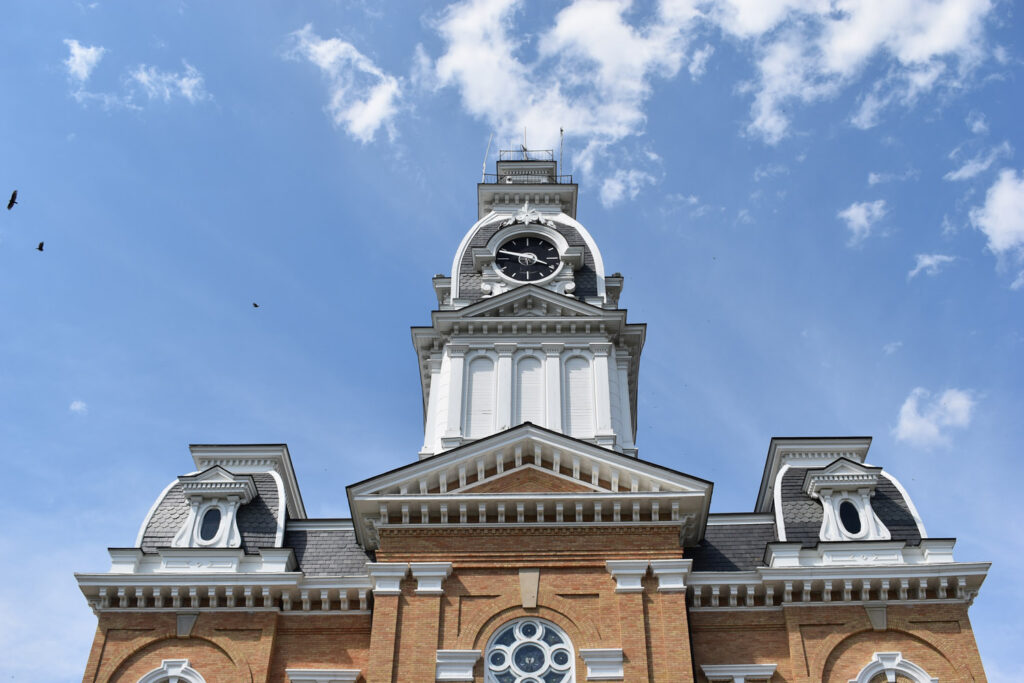
Title IX, however, complicated things, and Hillsdale stood firm. In order to continue to receive funding, the federal government required the collection and distribution of demographic data on students.
Hillsdale had never collected this information and didn’t plan to start. The college sent the federal government a letter declaring its noncompliance, which spiraled into a lengthy legal battle.
The outcome was that Hillsdale would have to stop accepting federal funding, which the school gladly accepted—a path that Arnn encourages other schools to follow.
“So the obvious solution would be, don’t take the money from the government, which is what we do,” Arnn said, also explaining that Hillsdale has never amassed the same sort of institutional wealth as many of the institutions in question.
Recent advisory resolutions passed by the U-M faculty senate, however, point toward an opposite approach.
The resolutions cite a push to “establish a defense compact,” similar to the original Rutgers coalition, “should [colleges] come under political or legal attack.”
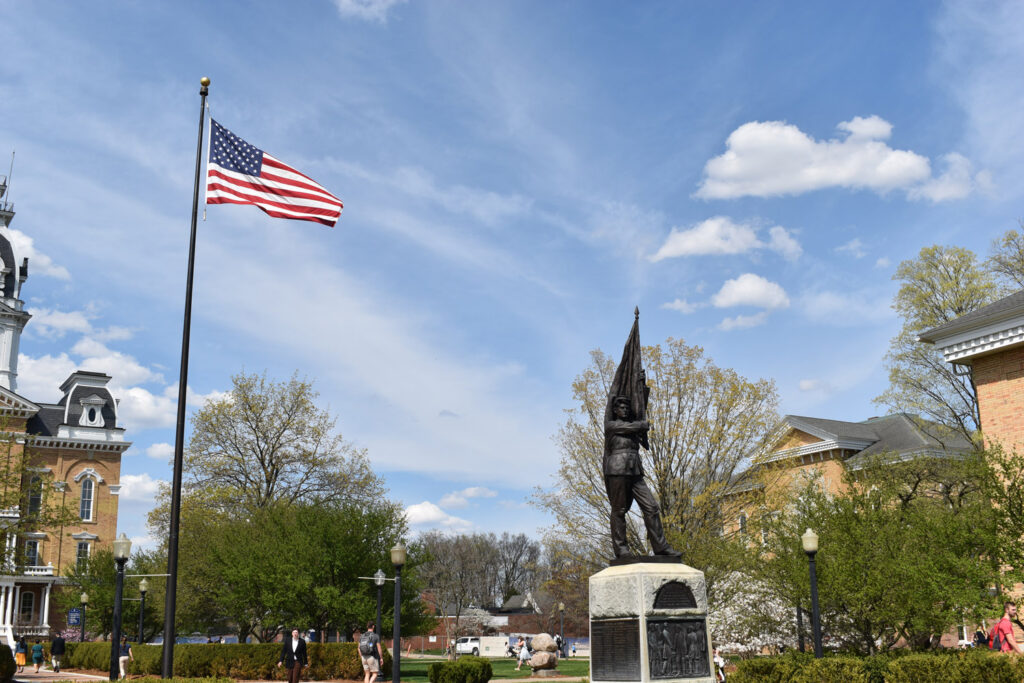
It also pushes for a re-establishment of DEI practices at the college, previously dismantled under Trump’s directive, in order “to support broader and more transparent dialogue regarding decisions that impact the U-M community.”
More than 300 people protested the demolition of these programs on U-M’s campus this past Tuesday. Will the school will bend to the mob or the government?
As these schools continue to push back on the Trump administration’s stipulations, there’s a real possibility they could lose federal funding. The true losers in this scenario? Students.
After more than 40 years operating independently, Hillsdale College continues to thrive and can prioritize its beliefs and values.
“Hillsdale College will survive. We will continue to pay the price of protecting our independence,” former Hillsdale College President George Roche wrote in Imprimis in 1989. “Moreover, we have proved that you don’t need government money in order to become an American success story.”
Kamden Mulder is a contributing writer for Michigan Enjoyer.
